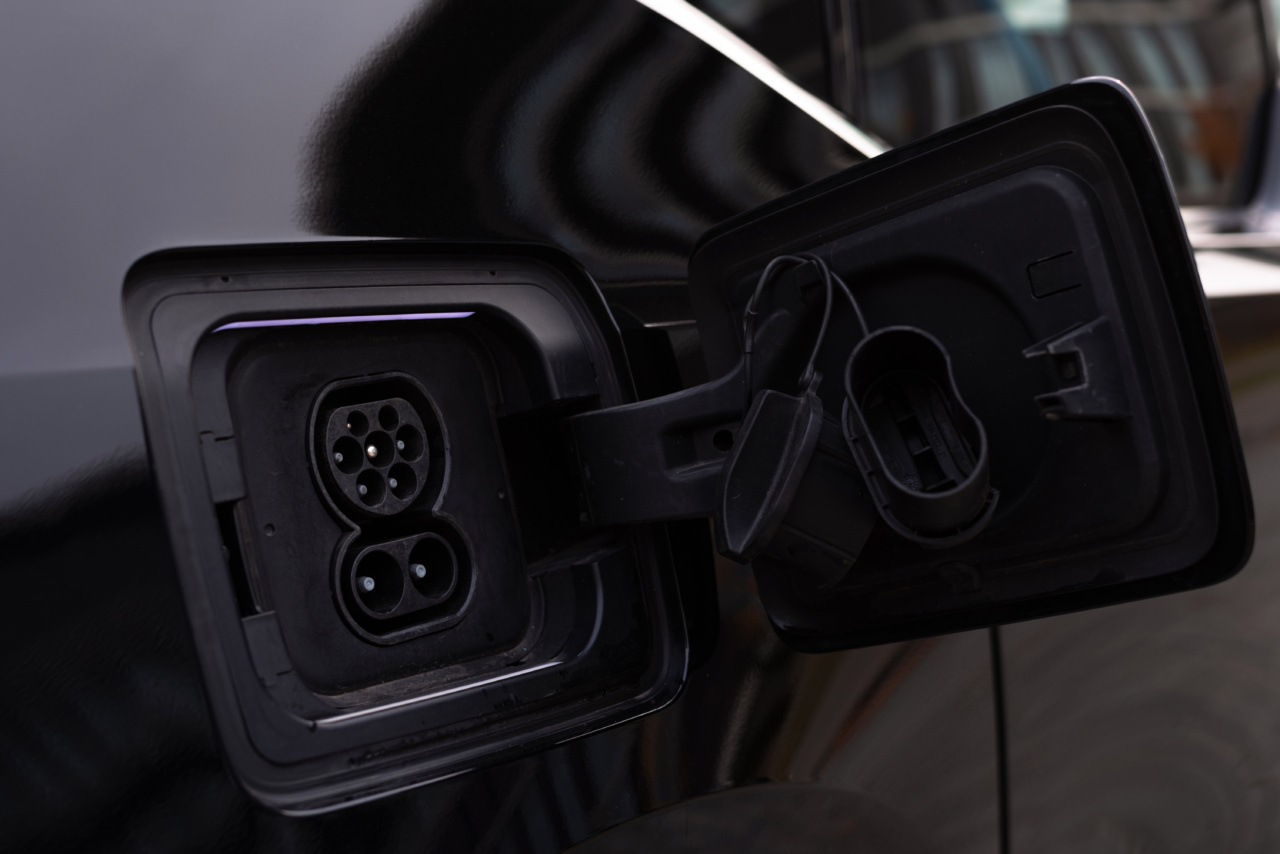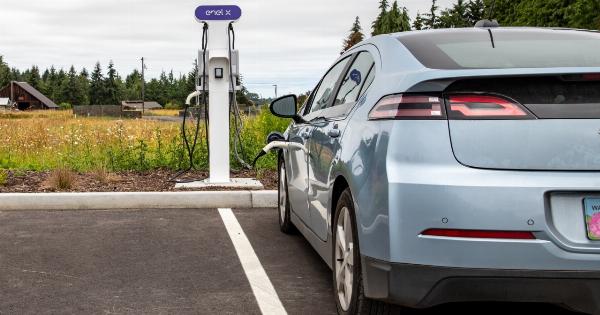As electric vehicles (EVs) continue to gain popularity, it’s important for electric car owners to understand the unique considerations involved in insuring their environmentally friendly vehicles.
Electric car insurance provides coverage specifically designed for the needs of EV owners, ensuring protection for their investment and peace of mind while on the road.
The Basics of Electric Car Insurance
Electric car insurance functions similarly to traditional auto insurance, but there are a few important distinctions to be aware of. Let’s explore the key factors you need to know about electric car insurance:.
1. Coverage Options
When purchasing electric car insurance, it’s vital to select coverage options that cater to the unique needs of electric vehicles. These options may include:.
– Comprehensive Coverage: This coverage protects your EV against damage caused by non-collision incidents, such as theft, vandalism, and natural disasters.
– Collision Coverage: Collision coverage pays for repairs or replacement if your electric vehicle is damaged in an accident.
– Liability Coverage: Liability coverage is essential in case you are at fault in an accident and need to cover the costs of other parties’ property damage or medical expenses.
– Uninsured/Underinsured Motorist Coverage: This coverage protects you if you’re involved in an accident with a driver who either doesn’t have insurance or has insufficient coverage.
2. Cost Factors
The cost of electric car insurance depends on several factors. Here are a few key factors that influence your premium:.
– Vehicle Cost: Since electric vehicles tend to have higher purchase prices than traditional cars, insurance premiums may be higher to reflect the increased cost of repairs or replacement.
– Battery Replacement Cost: Electric car insurance may take into account the cost of replacing the vehicle’s battery, which can be a significant expense.
– Charging Infrastructure: Some insurance companies offer discounts for EV owners who have home charging stations or have access to reliable charging infrastructure, as it indicates responsible vehicle usage.
– Driving Habits: Your driving record and annual mileage will also impact your electric car insurance premium. Safe driving habits and maintaining low mileage can help reduce your insurance costs.
3. Saving Money on Electric Car Insurance
While electric car insurance premiums may be higher on average compared to traditional auto insurance, there are several ways to save money:.
– Shop Around: It’s crucial to obtain quotes from multiple insurance providers to ensure you’re getting the best coverage at the most competitive price.
– Take Advantage of Discounts: Many insurance companies offer discounts for electric vehicle owners, such as a hybrid or electric vehicle discount, low mileage discount, or safety feature discounts.
– Increase Deductible: Choosing a higher deductible can help lower your insurance premium. However, it’s important to make sure you can comfortably afford the deductible amount in case of an accident or damage.
– Consider Bundling: Bundling your electric car insurance with other policies, such as home insurance, can often result in discounted rates.
– Maintain a Good Credit Score: Insurance companies often consider your credit score when calculating premiums. Maintaining good credit can help keep your electric car insurance costs manageable.
4. Special Considerations
Insuring an electric car comes with a few unique considerations:.
– Battery Coverage: Since the battery is a critical and expensive component of an electric vehicle, ensure your policy covers repair or replacement costs in case of battery damage.
– Charging Cable Coverage: EV owners should verify if their insurance policy covers the cost of repair or replacement of the charging cable, which is a crucial accessory for electric car owners.
– Customization Coverage: If you have made any modifications or additions to your electric vehicle, such as installing a charging station at home, ensure these upgrades are adequately covered.
5. Understanding the Gap in Coverage
Evaluating the gap in coverage regards the difference between the Actual Cash Value (ACV) and the replacement cost of your electric vehicle.
ACV is the amount your car is currently worth, while the replacement cost reflects the price of a new electric vehicle of the same model and make.
If your electric vehicle is totaled or stolen, having gap coverage can help cover the balance if the ACV is lower than the cost of a replacement vehicle.
6. The Role of Charging Stations
Charging stations play a significant role in electric car insurance rates:.
– Charging at Home: If you primarily charge your electric vehicle at home, it may indicate responsible vehicle usage and could lead to potential discounts on your insurance premium.
– Public Charging: On the other hand, using public charging stations can increase the risk of accidents or incidents, potentially impacting your insurance rates.
7. Insuring Used Electric Cars
Insuring a used electric car follows a similar process to insuring a new electric vehicle. However, there are a few specific considerations to keep in mind:.
– Battery Health: Insurance companies may require a battery health check to ensure the vehicle’s battery is in good condition and doesn’t pose a higher risk for potential claims.
– Vehicle Age and Mileage: The age and mileage of the used electric vehicle can influence insurance rates. Typically, newer electric cars with lower mileage will have more affordable insurance premiums.
8. Additional Coverage Options
Besides the standard coverage options mentioned before, electric vehicle owners may also consider the following additional coverage:.
– Extended Warranty: An extended warranty provides coverage for repairs or replacement of electrical and mechanical components beyond the manufacturer’s warranty period.
– Roadside Assistance: Roadside assistance coverage can be particularly useful for electric car owners, as it offers assistance in case of running out of charge or experiencing other electric vehicle-related issues.
9. Recognizing the Importance of EV-Specific Mechanics
When purchasing electric car insurance, it’s essential to ensure that the policy covers repairs from certified electric vehicle mechanics. Electric vehicles have unique components and systems that require specialized knowledge and expertise.
Using an uncertified mechanic may void your insurance coverage and result in unnecessary expenses if they are unable to properly diagnose or fix EV-specific issues.
10. The Future of Electric Car Insurance
The evolving landscape of electric car insurance holds promising developments:.
– Usage-Based Insurance: Some insurance companies offer usage-based insurance, where premiums are based on the actual usage and driving habits of the electric vehicle owner.
– Integration of Telematics: Telematics technology monitors driving behavior and vehicle data, allowing insurance providers to offer personalized premiums based on individual driving habits.
– Increased Competition: As electric vehicle adoption continues to grow, more insurance providers are likely to enter the market, leading to increased competition and potentially lower premiums for electric car owners.
Conclusion
Electric car insurance is a necessity for electric vehicle owners. Understanding the coverage options, cost factors, and ways to save money are crucial in obtaining the right insurance policy for your EV.
By staying informed and exploring your options, you can secure comprehensive coverage that protects both your electric vehicle and your peace of mind on the road.























